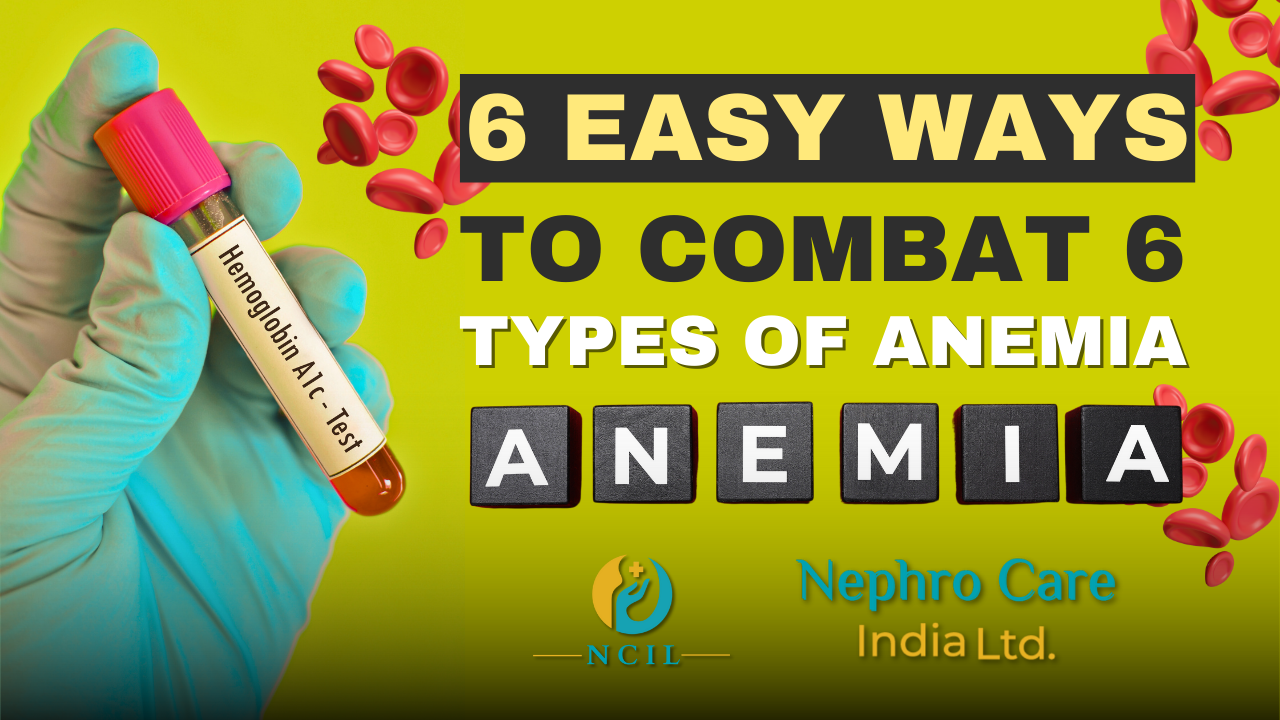
Hemoglobin, a vital protein within red blood cells, plays a essential role in maintaining our body’s overall health and functionality. It is accountable for carrying oxygen from the lungs to various tissues and organs, allowing cellular respiration and energy production. Additionally, hemoglobin helps carry carbon dioxide, a waste product of metabolism, from the tissues back to the lungs for exhalation. This dual role makes hemoglobin essential for nourishing life and ensuring our organs function optimally.

Recognizing Low Hemoglobin Levels
Low hemoglobin levels, frequently indicative of anemia, can greatly affect one’s health. Anemia can stem from numerous causes and presents with a variety of symptoms that influence daily activities and general well-being. Recognizing these symptoms is essential for early diagnosis and proper treatment. Understanding these symptoms is crucial for early detection and effective management.
Low hemoglobin levels can lead to symptoms such as:

Understanding the causes of low hemoglobin is needed for effective treatment. Various types of anemia can lead to diminished hemoglobin levels, each with its own set of causes:
Iron deficiency anemia, the most prevalent form of anemia, occurs when there is an inadequate quantity of iron to produce hemoglobin in the body.
This type of anemia is due to a lack of essential vitamins, particularly vitamin B12 and folate, needed for red blood cell production.
Aplastic anemia is an uncommon disorder characterized by inadequate blood cell production in the bone marrow. Potential causes include exposure to toxins, specific medications, or autoimmune disorders.
For further information about our Yoga Program, please don’t hesitate to reach out to us 👉👇
This type of anemia rises when red blood cells are destroyed more rapidly than produced. It can be caused by autoimmune diseases including lupus and rheumatoid arthritis, infections, or genetic disorders.
Click below to know more about proper hydration👇

A hereditary condition causes irregularly shaped red blood cells, resulting in impaired oxygen transportation and blockages within the bloodstream.

Conditions like chronic kidney disease can lead to anemia by affecting the production of erythropoietin, a hormone necessary for red blood cell production.
To learn more about the connection between anemia and kidney health, continue reading below.👇

To get more knowledge about balanced diet, please join our diet group 👇
Understanding and maintaining healthy hemoglobin levels is crucial for overall well-being. Hemoglobin’s vital role in oxygen transportation and carbon dioxide removal underscores the importance of monitoring its levels, particularly when experiencing symptoms indicative of anemia. By recognizing the signs of low hemoglobin and understanding the underlying causes, individuals can take proactive steps towards improving their health. Through informed dietary choices, mindful lifestyle practices, and appropriate medical care, it is possible to support the body’s natural processes and ensure the efficient transport of oxygen, fostering a state of well-being and resilience.